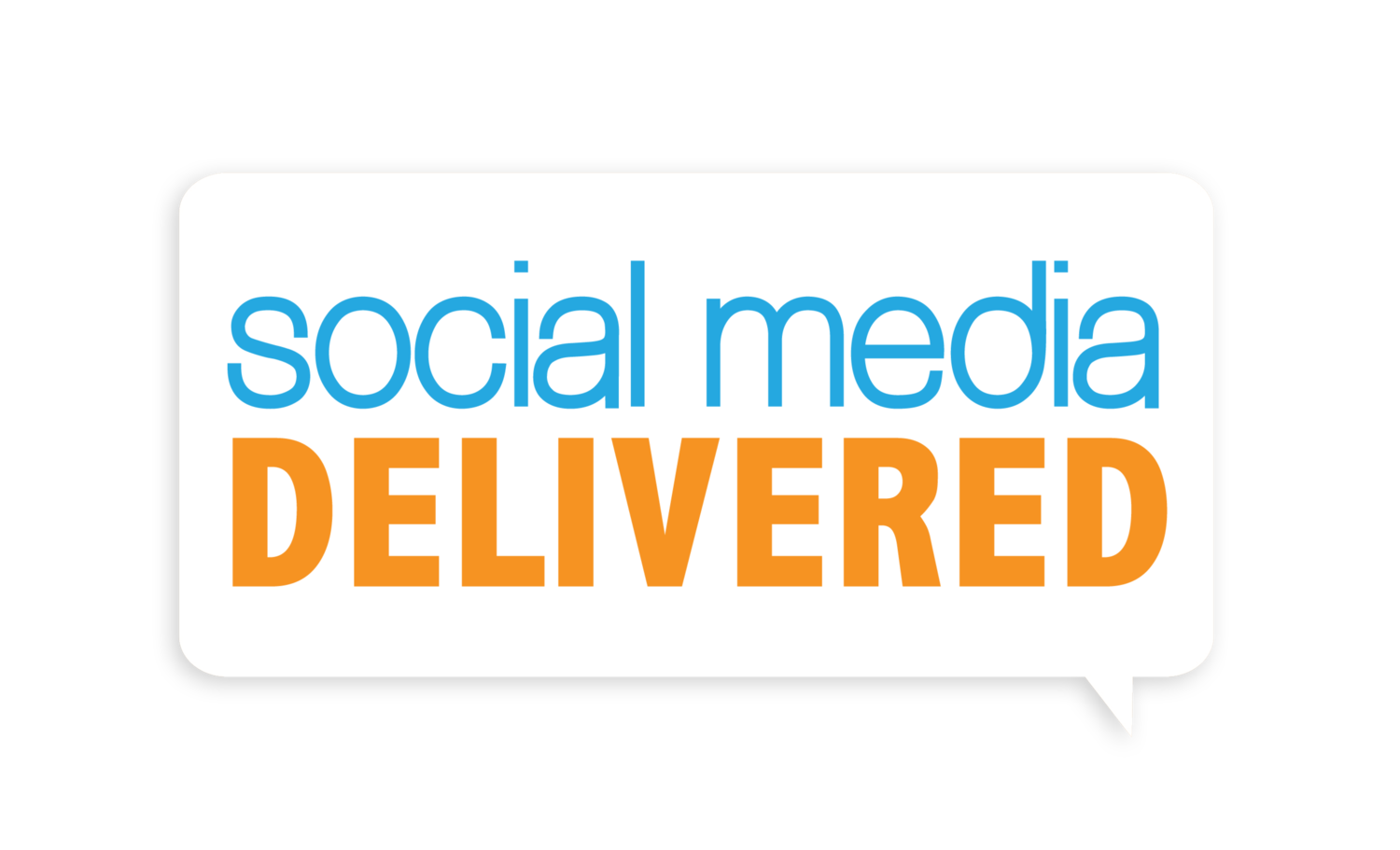Google Authorship Now
Google Search
It was hailed as a game-changing tactic. In June of 2011, Google announced the search engine giant would begin linking articles and authors — leading many to speculate a nefarious relationship known as "author rank" would soon be a primary indicator on the search engine results page (SERP).
Writers began scrambling to build their Google+ Klout and quickly followed Google's instructions for adding the metadata to bylines and profiles that would help them build author rank and become among the most sought-after humans on the planet: those who could rank on a Google search at will. Employers began looking at Google authorship credentials as a means of hiring (and paying) the most influential scribes. The race was on!
By September of 2014, Google issued a statement: "It isn’t as useful to our users as we’d hoped," and it was over.
What About Authorship Now?
In the wake of the upset, authors and publishers are left with a slurry of questions. And while one of the best ways to be absurd is to predict what Google will do, there are some markers to hang your hat on. As always, your best bet in the Wild West is to pay attention because it changes constantly.
Why Did Google Cause This Uproar?
Google has come a long ways since its Stanford BackRub beginning. The company's "Do no evil" image has morphed into "Make more money" — an inevitable outcome of the 2004 move to becoming a publicly traded corporation. An old saw applies generously here: If you want to know what Google is doing, just follow the money — and, for Google, that means pay-per-click ads. In classic game theory style, Google is convincing website owners to do what Google wants them to do. Google is manipulating the Internet in a truly megalithic way. It is a fascinating orchestra of tactics to observe.
What To Do with Markup Data?
In Google's public statement, given by John Mueller, he says:
Going forward, we're strongly committed to continuing and expanding our support of structured markup (such as schema.org). This markup helps all search engines better understand the content and context of pages on the web, and we'll continue to use it to show rich snippets in search results.
The markup you installed to connect your articles to your Google profile may still be considered by the search engine — they just aren't being elaborately displayed. Unless you are a Google conspiracy advocate, there's no need to remove that metadata.
Google's announcement referred to authorship markup only. Definitely keep the snippets that connect your websites to your Google+ page.
Go to schema.org and study what you find there. Search engines love on-page markup. If you want search engines to love you, then make ample and appropriate use of microdata.
If you need professional help figuring out metadata, first try speaking with the tech support people at your web host. The better tied in you are with a full-service website builder like Wix, the more likely there are people on staff who focus on metadata and its ramifications.
What Will Google Do Next?
We noted earlier that Google is a corporation. That does not make Google evil (necessarily), it just makes it focus — like every other company that must please shareholders — on making more and more money. Google is continuously tuning up to make as much profit as it possibly can. That is reality in the corporate world.
The next thing Google will do is whatever will help sell more ads. End of story.

